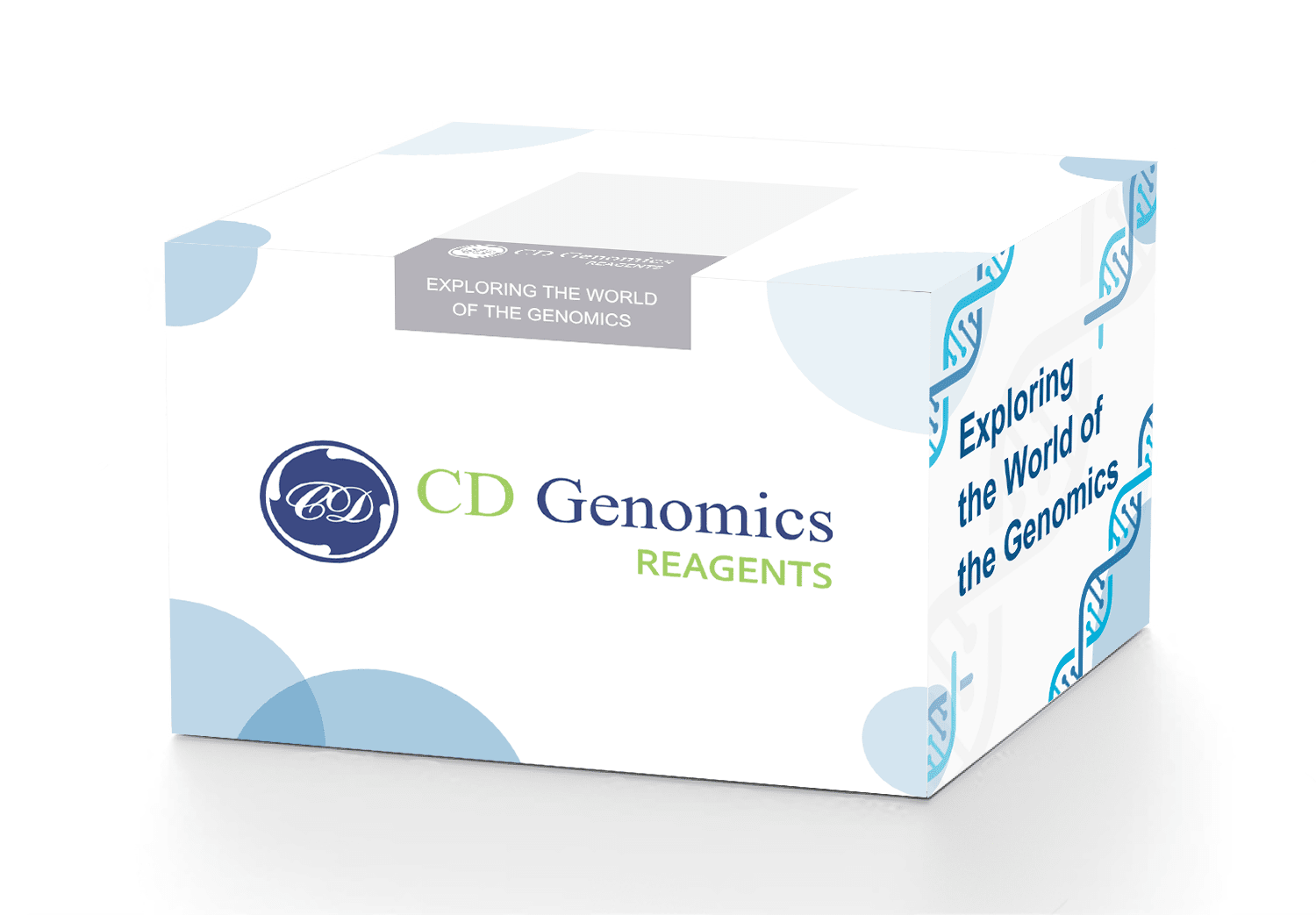The Plant Genomic DNA Secure Kit was created to isolate genomic DNA in a quick, easy, and cost-effective manner. Proteins and other organic compounds are removed from plant tissues using unique silica-membrane technology and its buffer solution. There is no need for phenol-chloroform extraction. It is possible to extract large fragments of genomic DNA with high purity and consistent quality. For molecular biological experiments such as PCR, qPCR, SSR, restriction enzyme digestion, hybridization, and DNA library construction, purified DNA has a high purity and reliable quality. 100 mg wet weight plant tissue or 20 mg lyophilized plant tissue is the needed amount of sample.
Storage:
Store at room temperature (15-25℃)
Specifications:
| Sample amount | 100 mg wet weight plant tissue or 20 mg lyophilized plant tissue |
| Features | Fast and convenient workflow enables DNA isolation within 1h. No phenol–chloroform extraction is required. |
| Application | The high pure genomic DNA can be used directly in downstream experiments such as PCR, qPCR, restriction enzyme digestion, hybridization and DNA library construction. |
| Species Category | plants |
| Sample type | fresh or frozen plant tissues |
Ensure that ethanol (96-100%) has been added into Buffer LP3 and Buffer PW as indicated on the tag of the bottle before use.
- Take 100 mg wet weight plant tissue or 20 mg lyophilized plant tissue and grind them thoroughly in liquid nitrogen. Add 400 μl Buffer LP1 and 6 μl RNase A (10 mg/ml) to the powered plant tissue. Vortex for 1 min to mix. Make sure to disperse all clumps and then incubate for 10 min at room temperature (15-25°C).
- Add 130 μl Buffer LP2 to the lysate and mix thoroughly by vortex for 1 min.
- Centrifuge for 5 min at 12,000 rpm (~13,400 × g). Pipet the supernatant to a clean 1.5 ml microcentrifuge tube.
- Add 1.5 volume of Buffer LP3 (For example, add 750 μl Buffer LP3 to 500 μl flow-through) (Ensure that ethanol has been added into Buffer LP3 before use), and then immediately mix by vortex for 15 s. Precipitates may form after the addition of Buffer LP3.
- Pipet all the mixture from step 4, including any precipitate that may have formed, into the Spin Column CB3 (place the Spin Column CB3 in the Collection Tube). Centrifuge for 30 s at 12,000 rpm (~13,400 × g), and discard the flow-through. Replace the Spin Column CB3 in the Collection Tube.
-
Add 600 μl Buffer PW to the Spin Column CB3 to wash the membrane (Ensure that ethanol has been added into Buffer PW before use), centrifuge for 30 s at 12,000 rpm (~13,400 × g), and discard the flow-through. Replace the Spin Column CB3 back in the Collection Tube.
Note: If the membrane remains significantly colored (dark, green or yellow), add 500 μl ethanol into the Spin Column CB3. Centrifuge for 30 s at 12,000 rpm (~13,400 × g), and discard the flow-through. Replace the Spin Column CB3 in the Collection Tube. - Repeat step 6.
-
Replace the Spin Column CB3 back in the Collection Tube, centrifuge for 2 min at 12,000 rpm (~13,400 × g) to remove residual Buffer PW. Open the lid of the Spin Column CB3 and incubate the assembly at room temperature (15-25°C) for several minutes to dry membrane completely.
Note: Residual ethanol from Buffer PW inhibits subsequent enzymatic reactions (e.g. enzyme cleavage and PCR). - Discard the Collection Tube and transfer the Spin Column CB3 to a clean 1.5 ml microcentrifuge tube. Pipet 50-200 μl Buffer TE directly onto the Spin Column CB3 membrane, incubate for 2-5 min at room temperature (15-25°C), and then centrifuge for 2 min at 12,000 rpm (~13,400 × g) to elute.



